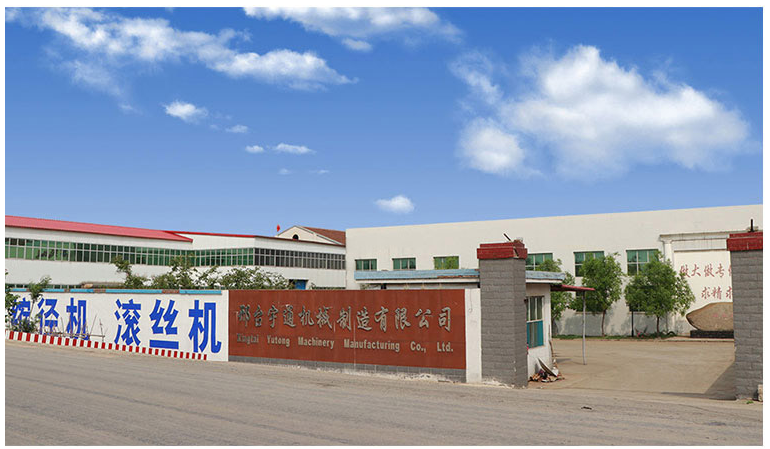
-
 Afrikaans
Afrikaans -
 Albanian
Albanian -
 Amharic
Amharic -
 Arabic
Arabic -
 Armenian
Armenian -
 Azerbaijani
Azerbaijani -
 Basque
Basque -
 Belarusian
Belarusian -
 Bengali
Bengali -
 Bosnian
Bosnian -
 Bulgarian
Bulgarian -
 Catalan
Catalan -
 Cebuano
Cebuano -
 Corsican
Corsican -
 Croatian
Croatian -
 Czech
Czech -
 Danish
Danish -
 Dutch
Dutch -
 English
English -
 Esperanto
Esperanto -
 Estonian
Estonian -
 Finnish
Finnish -
 French
French -
 Frisian
Frisian -
 Galician
Galician -
 Georgian
Georgian -
 German
German -
 Greek
Greek -
 Gujarati
Gujarati -
 Haitian Creole
Haitian Creole -
 hausa
hausa -
 hawaiian
hawaiian -
 Hebrew
Hebrew -
 Hindi
Hindi -
 Miao
Miao -
 Hungarian
Hungarian -
 Icelandic
Icelandic -
 igbo
igbo -
 Indonesian
Indonesian -
 irish
irish -
 Italian
Italian -
 Japanese
Japanese -
 Javanese
Javanese -
 Kannada
Kannada -
 kazakh
kazakh -
 Khmer
Khmer -
 Rwandese
Rwandese -
 Korean
Korean -
 Kurdish
Kurdish -
 Kyrgyz
Kyrgyz -
 Lao
Lao -
 Latin
Latin -
 Latvian
Latvian -
 Lithuanian
Lithuanian -
 Luxembourgish
Luxembourgish -
 Macedonian
Macedonian -
 Malgashi
Malgashi -
 Malay
Malay -
 Malayalam
Malayalam -
 Maltese
Maltese -
 Maori
Maori -
 Marathi
Marathi -
 Mongolian
Mongolian -
 Myanmar
Myanmar -
 Nepali
Nepali -
 Norwegian
Norwegian -
 Norwegian
Norwegian -
 Occitan
Occitan -
 Pashto
Pashto -
 Persian
Persian -
 Polish
Polish -
 Portuguese
Portuguese -
 Punjabi
Punjabi -
 Romanian
Romanian -
 Russian
Russian -
 Samoan
Samoan -
 Scottish Gaelic
Scottish Gaelic -
 Serbian
Serbian -
 Sesotho
Sesotho -
 Shona
Shona -
 Sindhi
Sindhi -
 Sinhala
Sinhala -
 Slovak
Slovak -
 Slovenian
Slovenian -
 Somali
Somali -
 Spanish
Spanish -
 Sundanese
Sundanese -
 Swahili
Swahili -
 Swedish
Swedish -
 Tagalog
Tagalog -
 Tajik
Tajik -
 Tamil
Tamil -
 Tatar
Tatar -
 Telugu
Telugu -
 Thai
Thai -
 Turkish
Turkish -
 Turkmen
Turkmen -
 Ukrainian
Ukrainian -
 Urdu
Urdu -
 Uighur
Uighur -
 Uzbek
Uzbek -
 Vietnamese
Vietnamese -
 Welsh
Welsh -
 Bantu
Bantu -
 Yiddish
Yiddish -
 Yoruba
Yoruba -
 Zulu
Zulu
Explore Top Quality Bolt Thread Rolling Machines for Your Manufacturing Needs Today
Understanding the Bolt Thread Rolling Machine A Guide to Purchase
In the fast-paced world of manufacturing, specialized machinery plays a crucial role in producing high-quality components efficiently. Among these machines, the bolt thread rolling machine stands out, particularly in the fabrication of threaded fasteners such as bolts, screws, and nuts. This article aims to provide an overview of bolt thread rolling machines, their functionalities, and considerations for potential buyers.
What is a Bolt Thread Rolling Machine?
A bolt thread rolling machine is an industrial device designed to create external threads on metal rods and bars. It employs a process called thread rolling, which involves feeding a metal workpiece between two cylindrical dies. As these dies rotate, they deform the material to form the desired thread profile without removing any metal, resulting in a high-strength finished product.
Advantages of Thread Rolling
The thread rolling process offers several advantages over traditional cutting methods. Firstly, it enhances the mechanical properties of the metal, improving strength through work hardening. Secondly, thread rolling produces threads with superior surface finishes, leading to better performance in applications requiring tight tolerances. Additionally, it is a more efficient process, often resulting in less waste and reduced production time.
Key Features to Consider When Buying a Bolt Thread Rolling Machine
1. Type of Machine There are various types of thread rolling machines, such as flat die, planetary, and cylindrical types. The choice depends on the specific threading requirements and the volume of production. Flat die machines are ideal for high-volume production, while planetary machines are suitable for complex thread forms.
buy bolt thread rolling machine

2. Capacity and Size Consider the maximum diameter and length of the workpieces the machine can accommodate. Ensure that it meets your production needs and can handle the materials you intend to use.
3. Speed and Efficiency Look for machines that provide adjustable speed settings. Faster production capabilities can significantly affect overall workflow efficiency, particularly in high-demand manufacturing environments.
4. Automation Features Modern machines often come equipped with automation options that enhance precision and reduce manual intervention. Automated feeding systems, for instance, can improve consistency and speed in repetitive production runs.
5. Ease of Operation The machine should come with user-friendly controls and clear instructions to simplify the setup and operation processes. Consider models with intuitive interfaces, as they will require less training and reduce the chances of operator error.
6. Maintenance and Support Evaluate the manufacturer's reputation for after-sales support and availability of spare parts. Regular maintenance is crucial for the longevity of the equipment, so having easy access to service and parts can save costs in the long run.
7. Cost Considerations Finally, while it's important to find a machine that fits your budget, don’t compromise on quality. A higher upfront investment in a durable and efficient machine can lead to lower operational costs and increased productivity over time.
Conclusion
In conclusion, purchasing a bolt thread rolling machine is a significant investment that can enhance your production capabilities in the fastener industry. By understanding the various machine types, key features, and considerations, you can make an informed decision that aligns with your manufacturing goals. Whether you are expanding your facility or starting a new venture, selecting the right thread rolling machine can contribute greatly to your operational efficiency and product quality. As technology continues to evolve, staying updated on the latest advancements will also help in making the most advantageous choices for your business.
